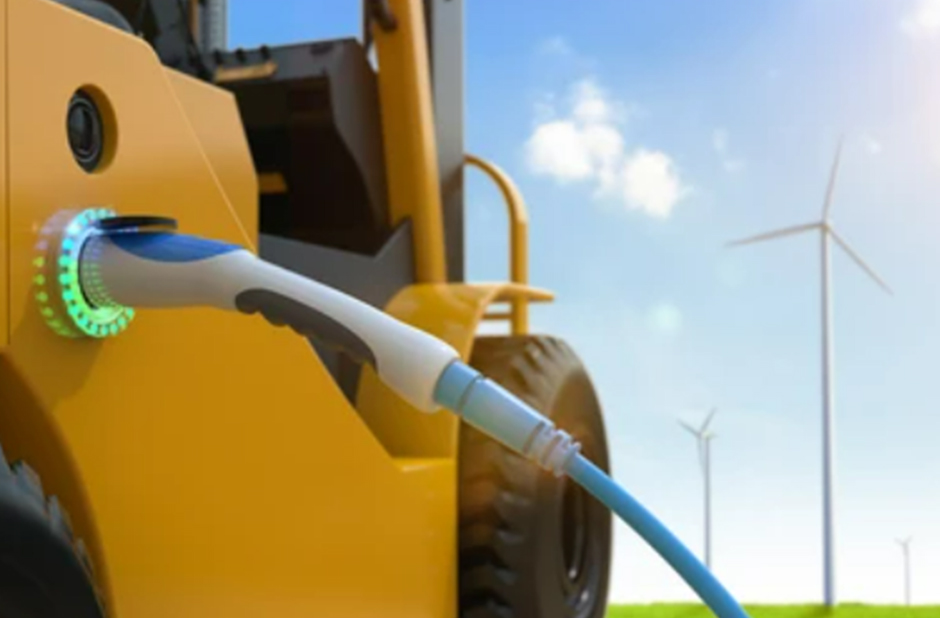The material handling industry has seen significant advancements in battery technology, particularly with the adoption of lithium-ion batteries. This shift is driven by the need for more efficient, reliable, and sustainable power solutions in warehouses, distribution centers, and manufacturing facilities. Material handling lithium battery industry are more and more popular!
1. Technological Advancements
Improved Energy Density: Lithium-ion batteries offer higher energy density compared to traditional lead-acid batteries, allowing for longer operational times and reduced weight in material handling equipment.
Fast Charging Technology: Innovations in fast-charging technology enable lithium batteries to be charged quickly, minimizing downtime and increasing productivity in material handling operations.
2. Increased Adoption in Equipment
Widespread Use in Forklifts and AGVs: Lithium-ion batteries are increasingly being used in electric forklifts, automated guided vehicles (AGVs), and other material handling equipment due to their efficiency and performance.
Compatibility with Various Equipment: The versatility of lithium batteries allows them to be used across a range of material handling applications, from pallet jacks to conveyor systems.
3. Cost Efficiency and Total Cost of Ownership
Longer Lifespan: Lithium-ion batteries typically have a longer cycle life than lead-acid batteries, resulting in fewer replacements and lower overall costs.
Reduced Maintenance: Lithium batteries require less maintenance, which translates to lower operational costs and less downtime for equipment.
4. Sustainability and Environmental Impact
Lower Emissions: The shift to lithium-ion batteries contributes to reduced greenhouse gas emissions, aligning with sustainability goals in the material handling sector.
Recyclability: Advances in recycling technologies for lithium batteries are promoting a circular economy, allowing for the recovery of valuable materials and reducing waste.
5. Integration with Smart Technologies
Battery Management Systems (BMS): Modern lithium batteries come equipped with advanced BMS that provide real-time monitoring of battery health, charge levels, and performance metrics, enabling better management of material handling operations.
IoT Connectivity: The integration of IoT technologies allows for predictive maintenance and data analytics, optimizing battery usage and enhancing overall efficiency.
6. Market Growth and Trends
Rising Demand for Electric Equipment: The increasing demand for electric material handling equipment is driving the growth of lithium-ion battery adoption, as businesses seek to reduce reliance on fossil fuels.
Investment in Infrastructure: Companies are investing in charging infrastructure and battery swapping stations to support the growing use of lithium batteries in material handling.
The progress and growth of lithium batteries in material handling reflect a broader trend toward efficiency, sustainability, and technological advancement in the industry. As businesses continue to seek ways to improve productivity and reduce environmental impact, the adoption of lithium-ion batteries is expected to increase, driving further innovations in material handling equipment and practices.
Post time: Feb-28-2025

